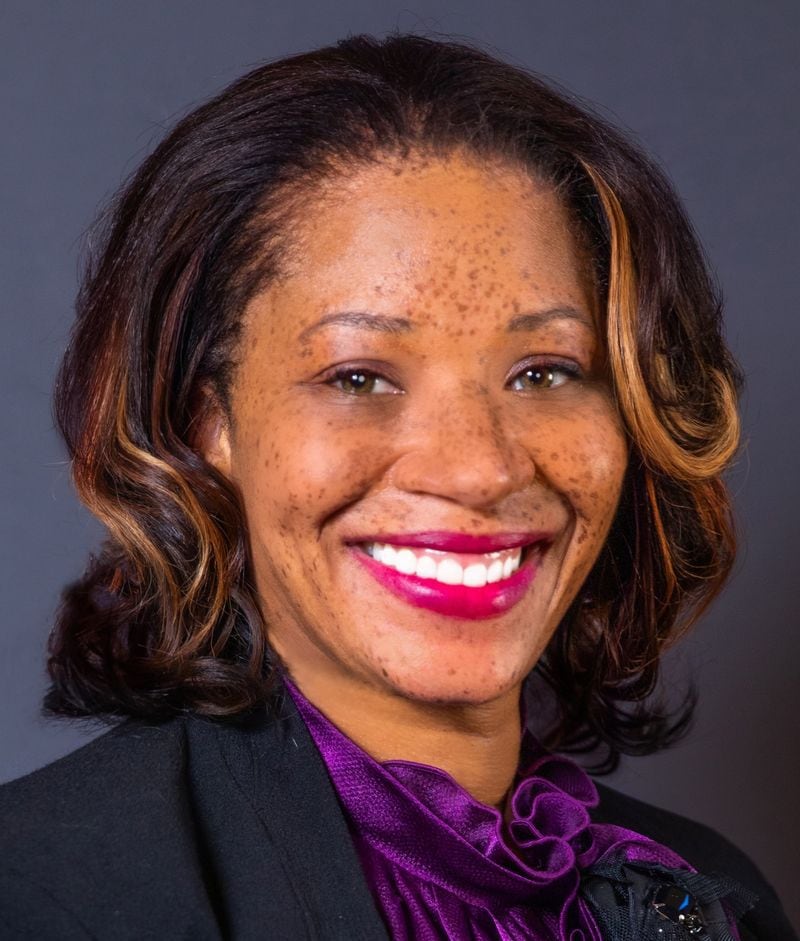Georgia’s most vulnerable students finally can have a lifeline from failing public schools. Georgia Gov. Brian Kemp is poised to sign Senate Bill 233, the Georgia Promise Scholarship Act, which grants students from mostly poor and minority families — such as the ones we grew up in — education freedom. We benefited from school choice to learn the skills needed to escape generational poverty and live the American Dream.
Everyone deserves this opportunity. This legislation would allow other Georgians to follow in our footsteps.
Credit: Photo contributed by the candidate
Credit: Photo contributed by the candidate
The plan establishes education freedom accounts of $6,500 annually for families who choose better education alternatives. Eligibility is limited to families whose children attend the worst 25% of schools statewide, with priority for poor and moderate-income families. Parents can use the funds for any educational expense, including tuition, fees, books, tutoring and transportation. The scholarships can be expanded to help even more Georgians in the years ahead.
For too long, Georgia students have basically been forced to attend schools based solely on their families’ ZIP codes. According to the latest federal data, only 21% of Black and 23% of Hispanic fourth graders in Georgia can read proficiently.
This is unacceptable and unfair. Every child who doesn’t have a learning disability has the capacity to read proficiently. Schools that cannot teach this fundamental skill to most of their students should face competition from those that can.
Credit: Contributed
Credit: Contributed
Students need to learn to read by fourth grade because reading is the foundation for learning almost everything else in life. It’s no surprise that there is a strong correlation between the lack of reading comprehension and crime.
If students want to escape the school-to-prison pipeline and live the American Dream, they need an education.
This is especially true given the increasing competition from automation and artificial intelligence. Access to quality education is a basic civil rights issue. It shouldn’t be controversial.
While well-off families have long benefited from school choice — insofar as they can choose their ZIP codes based on school quality or pay for private schools — poor families often are relegated to failing schools in whatever ZIP codes they can afford.
This education inequality perpetuates economic divides that fray public trust and social cohesion, and those divides usually are closely correlated with race.
Georgia’s legislation levels the playing field and gives poor families the same opportunities long enjoyed by their wealthier counterparts. Ironically, we’ve observed that many education freedom opponents have pulled their own kids from district schools and paid for private schools.
Call it a case of “school choice for me but not for thee.” This issue convinced Mesha to switch parties from Democratic to Republican to better represent her constituents who are fed up with the status quo and desperate for better education options for their children.
It’s sad that education freedom has become so politicized. Georgia’s legislation marks the end of sacrificing students to appease political interests. It empowers Georgia families to join us and an increasing number of minorities who owe their personal, political and financial success to education freedom.
Mesha Mainor is a member of the Georgia House of Representatives for the 56th District. Alfredo Ortiz is chief executive of Job Creators Network and a resident of Atlanta.








